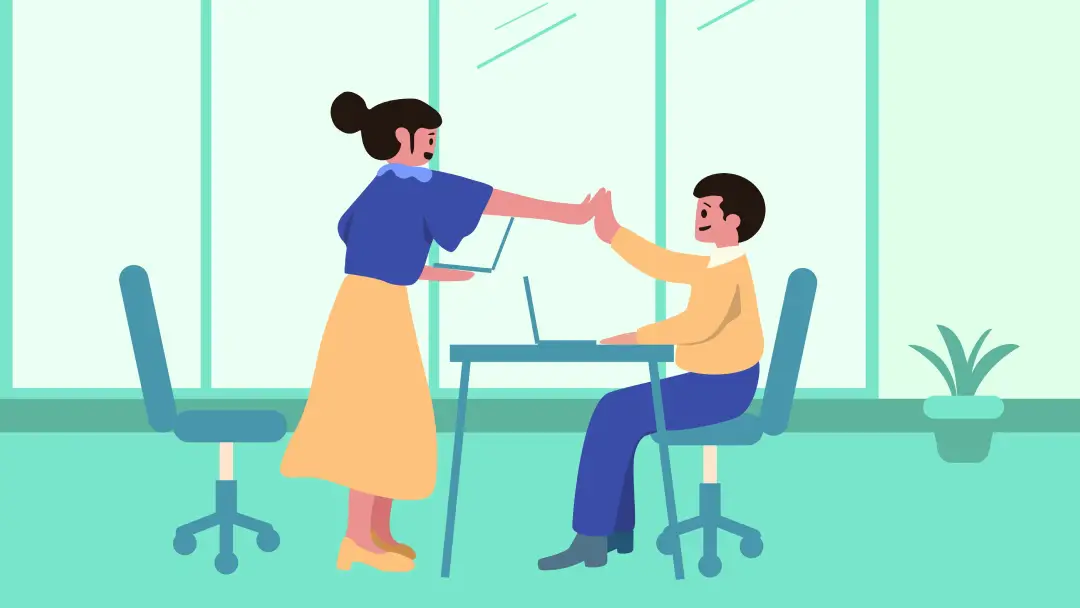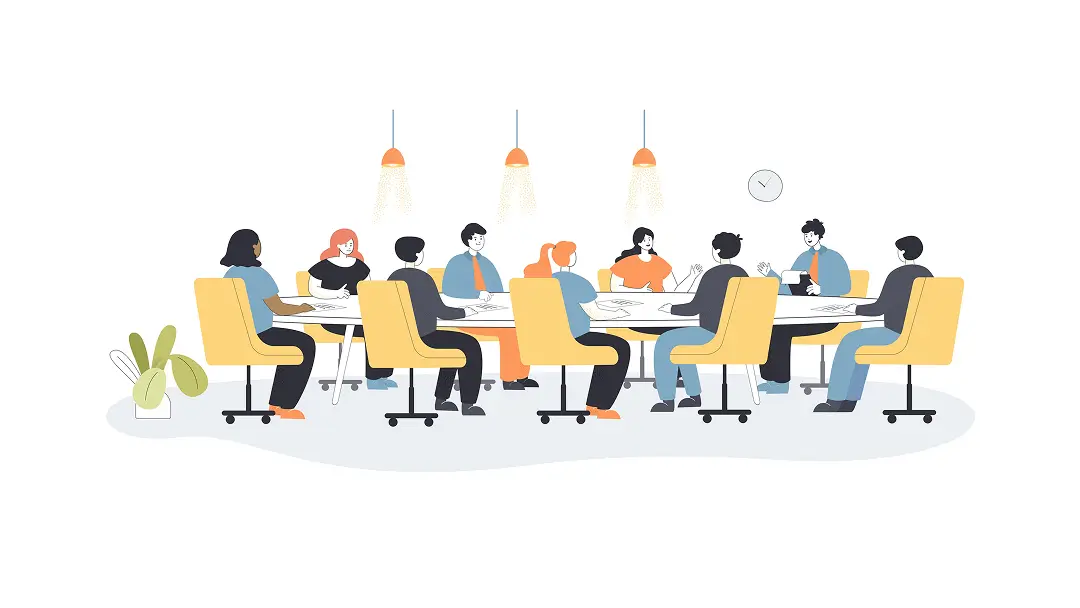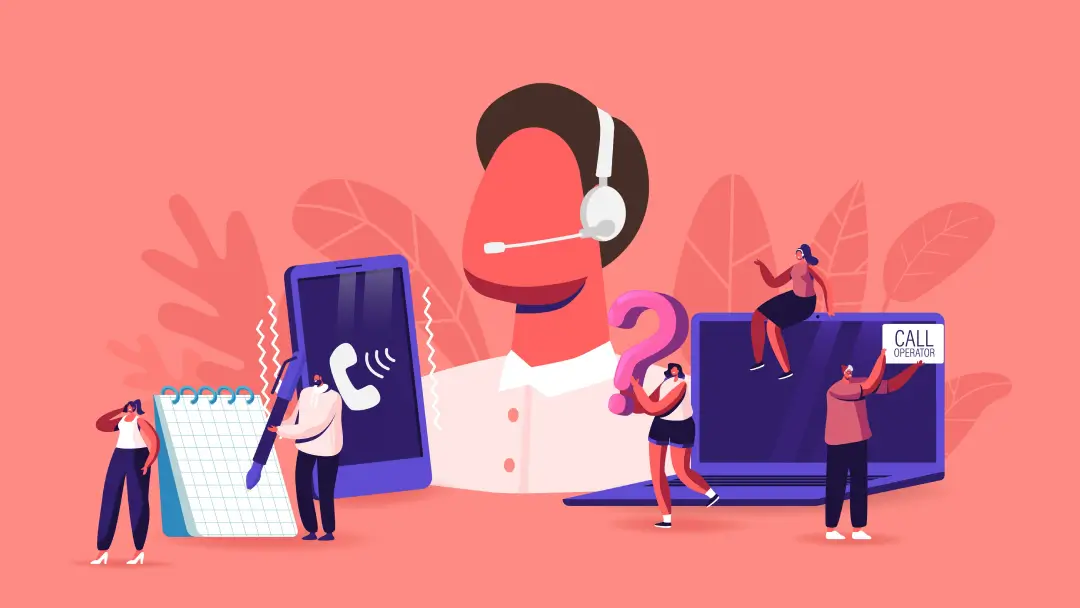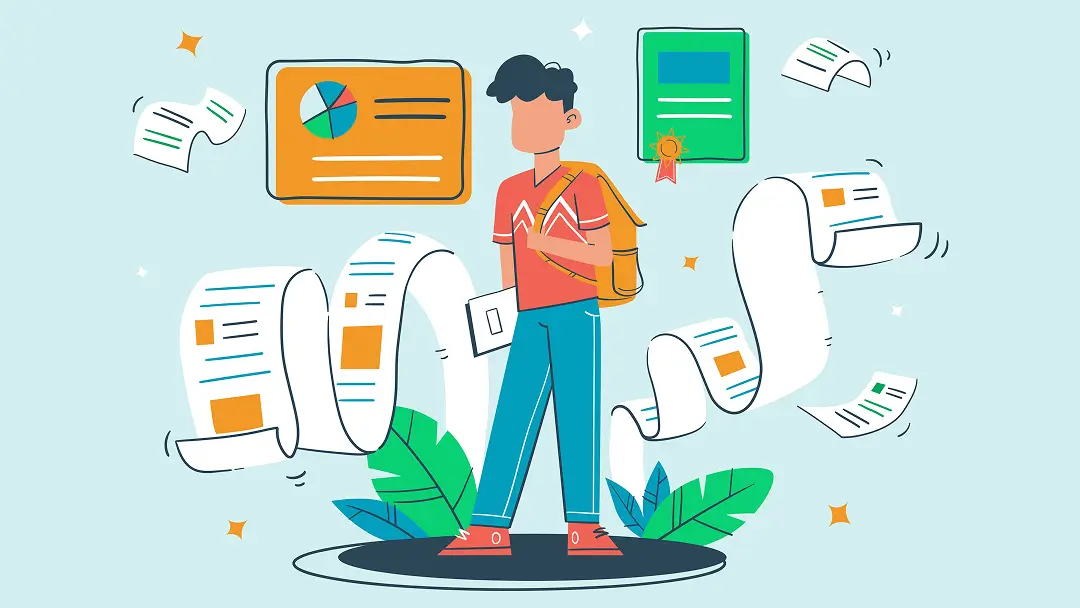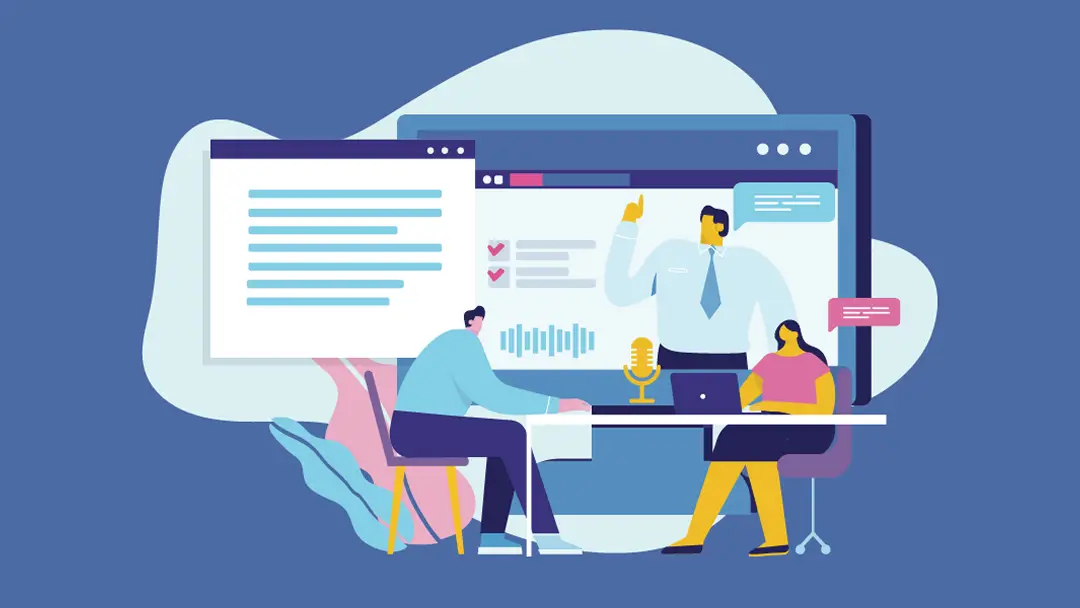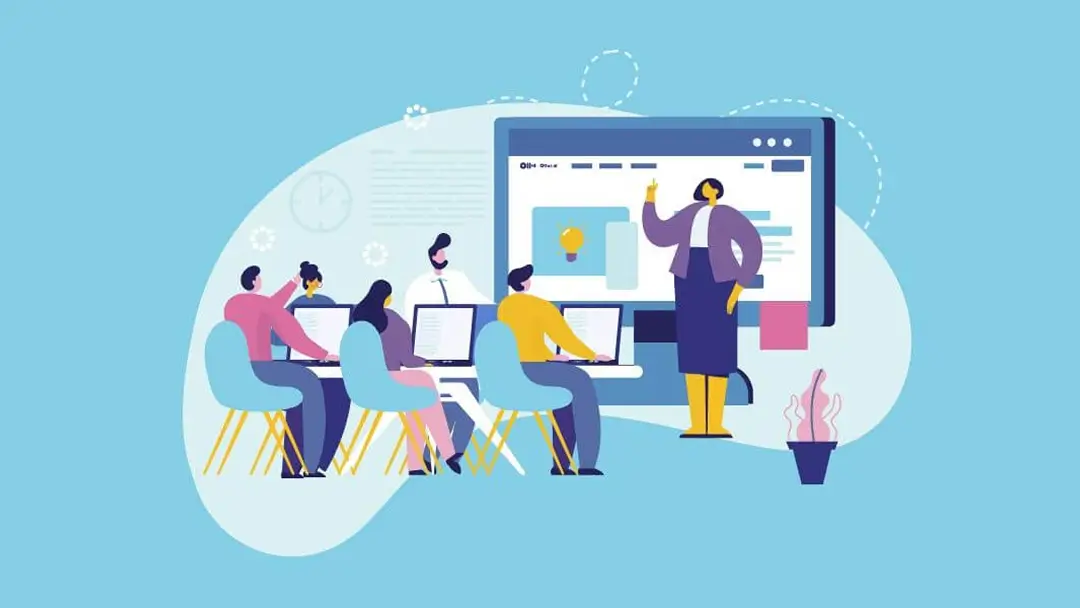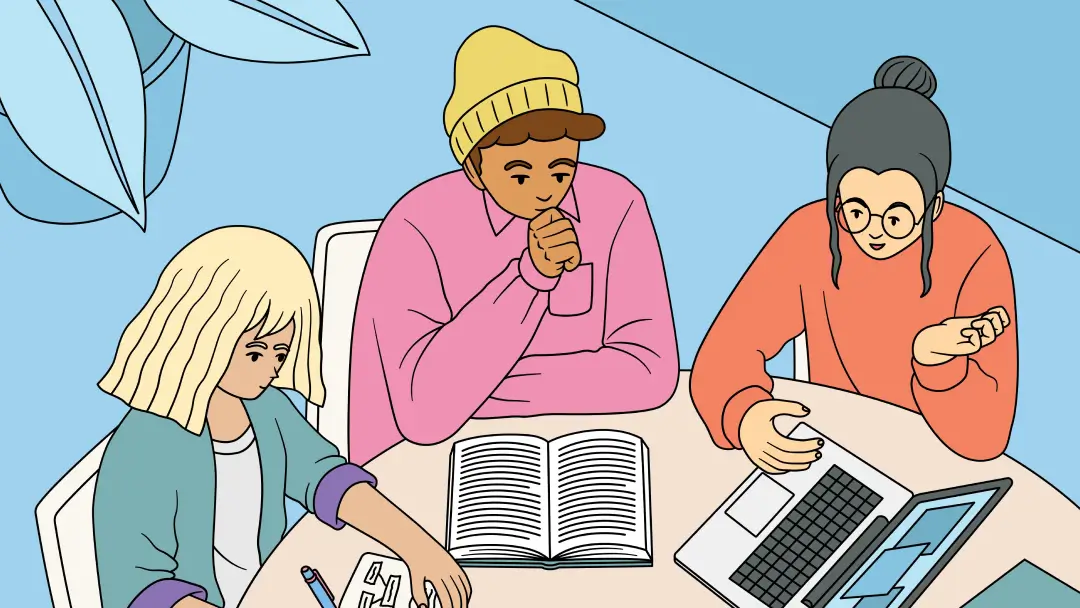How To Take Interview Notes Like a Pro: 10 Tips
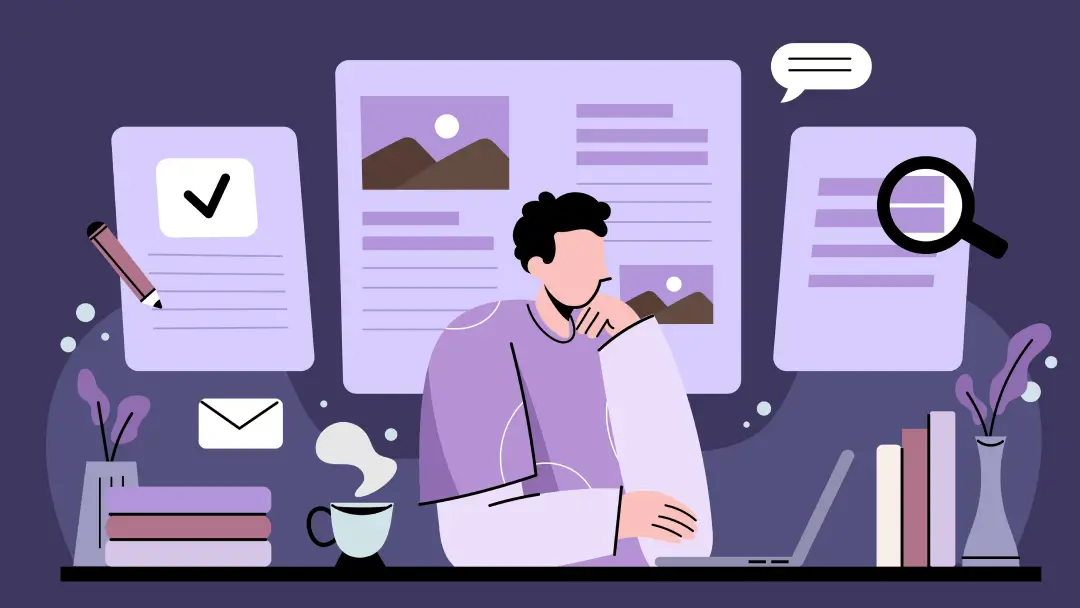
Great interviewers know that interviews are more than a Q&A session. They’re rare moments to deeply engage with another person, whether you’re meeting a potential job candidate, conducting research, or getting to know a new client.
But getting the most out of your conversation means striking a balance between active listening and effective note-taking. You want to stay present and let the conversation flow while giving yourself a record of the experience. Otherwise, it’s hard to recall insights later.
If you’re ready to improve your note-taking skills, put on your listening ears and grab a pen, paper, and a notepad. We’ve compiled the best tips for productive interview notes.
Why you should take interview notes as an interviewee or interviewer

Here are nine compelling reasons to embrace your inner notetaker in the interview process:
- Demonstrates attentiveness: Taking notes during an interview shows that you’re serious and organized, which can leave a lasting impression on hiring managers, recruiters, or interviewees.
- Encourages critical thinking: Efficiently writing down key points prompts you to analyze and process information on the spot.
- Reduces misunderstandings: Notes encourage you to clarify and confirm important details during the conversation because you don’t forget about points of interest.
- Improves memory retention: For some, written notes help cement key information and notable details in your mind.
- Facilitates better follow-up: With an accurate record of the interview, follow-up continues the conversation rather than clarifies previously discussed details.
- Guarantees accuracy: Notes help journalists and researchers accurately quote and represent their subjects, but they also help job interviewers and interviewees confirm details about the experience.
- Helps you notice body language: Note-taking encourages you to actively listen for valuable insights, which can help you tune in deeper to important non-verbal communication.
- Enables reflection: After the interview, you can turn to your notes when reflecting on the insights that felt most important, helping you prepare for the next steps.
- Boosts efficiency: Recording conversations serves as a valuable reference, helping you stay productive and take action after the meeting.
How to take notes during an interview: 10 best practices
Preparing interview questions and talking points. Maintaining eye contact. Using a virtual notetaker. Here are 10 ways to make sure your interview notes capture all the right details.
1. Focus on the vital details
A notepad chock full of excessive information can be overwhelming, making it harder to take action. Refrain from recording every single word when you take notes. Instead, focus on the details that truly matter.
One way to filter out the fluff is by preparing ahead of time. Before you enter a meeting, define your end goal, like nailing a job interview or extracting specific insights from an interview subject. This helps you create a structured list of questions and write meaningful notes that answer your queries and serve as valuable references later on.
2. Come prepared
No matter the task at hand, it’s never a bad idea to come prepared. Brainstorm interview questions, research your interviewee or interviewer, and outline key talking points to guide a structured and productive discussion. For example, if you’re a hiring manager, prepare notes that include the job description, observations about the candidate's resume, and questions categorized into common interview questions and situational interview questions.
With all this information in front of you, it’s easier to stay focused during the conversation and enhance your interview notes. Capture the most relevant insights rather than transcribing everything.
3. Create a note-taking template that works for you
Without a strategy, your notepad might fill up with random scribblings, incomprehensible shorthand, and disorganized thoughts that are difficult to decipher afterward. Create a note template that makes sense to you.
Start with the basics, including the date, interviewee, and purpose of the meeting. Jot down key talking points into separate bullet points and leave room for insightful quotes or follow-up questions. An organized template helps you focus on the most relevant information and facilitate deeper reflection.
4. Paraphrase the interviewee
It’s impossible to write down every word verbatim. Even court stenographers use shorthand to keep pace with conversations. Focus on paraphrasing your conversation partner’s most valuable points rather than word-for-word phrasing, which will likely distract from other insights.
5. Record meetings for reference
If you’re a journalist or researcher who needs to quote a subject, it’s common practice to use live transcription software, a note-taking app, or a recording device. Recorded interviews — always with the interviewee’s consent — help you extract accurate direct quotes and represent subjects fairly.
But journalistic and academic integrity isn’t the only reason interviewers should record conversations. Whether your team is brainstorming product ideas for the upcoming quarter or conducting a job interview with a new candidate, recording interviews captures nuanced conversations and identifies themes in conversation. Plus, it serves as an important reference to reflect on after everyone has left the chat.
6. Jot down follow-up questions
Even if you come to the interview prepared, new questions naturally arise. If your conversation partner makes vague statements or touches on talking points that could benefit from more development, jot down your queries to address later in the interview process. This keeps you from interrupting or getting sidetracked, keeping the dialogue structured and productive.
7. Ask the speaker to repeat themselves
Sometimes, it might not feel comfortable asking someone to repeat themselves. If you’re interviewing for a job or receiving a performance review, you might be worried about coming off as distracted or unprofessional.
Remember, clarity is essential for impactful conversations (and the notes that accompany them). If you miss a crucial piece of the conversation, it’s better to pause and ask for clarification than miss important details. Try positively framing the question, like, “I want to make sure I understand correctly. Could you please repeat that?” This is the opposite of distracted and unprofessional — it demonstrates attentiveness and commitment to understanding.
8. Prioritize active listening
Prioritize actively listening throughout the conversation to build trust and a free-flowing rapport. Try not to let note-taking remove yourself from reading between the lines to see what someone’s really saying. You’ll walk away with a strong understanding of the key points and underlying emotions that shape the discussion.
This is especially true while writing down every piece of information during a virtual interview. It can lead to incredibly thorough notes, but the trade-off is missing important nuances from body language, eye contact, and other non-verbal cues. Plus, virtual interviews and other remote communications are already full of distractions.
9. Schedule post-interview reflection
As soon as the interview ends, take a few minutes to reflect. Process the conversation and capture final impressions in your interview notes, whether it’s mapping out the next steps or making sure you jotted down everything.
Likewise, read over the notes and expand on vague information that you’ll need to reference later. This practice makes sure you walk away confident, reinforces your understanding, and prepares you for meaningful follow-up.
10. Use an AI meeting assistant to take care of written notes
Remember when we said it’s hard to listen thoughtfully and take notes at once? It’s easier than you think — with the right help.
Artificial intelligence (AI) can help with a lot more than generating images or responding to questions. AI meeting assistants can transcribe conversations, create action items, and summarize key points in real time, letting you forget about taking notes altogether and fully engage with the conversation.
Otter.ai automates the entire interview process and takes notes on your behalf. By connecting Otter to your calendar, Otter can automatically join meetings video interview tools — like Zoom, Google Meet, or Microsoft Teams — and let it work its magic. Otter will capture, take notes throughout the meeting, and even send you a summary of what happened after.

Enhance your interview notes with Otter.ai
Ditch your notepad and let Otter.ai do the work. Our AI meeting assistant captures all the important details so you can focus on good conversation.
Ready to transform your interview game? Let’s talk. Try Otter.ai today.





